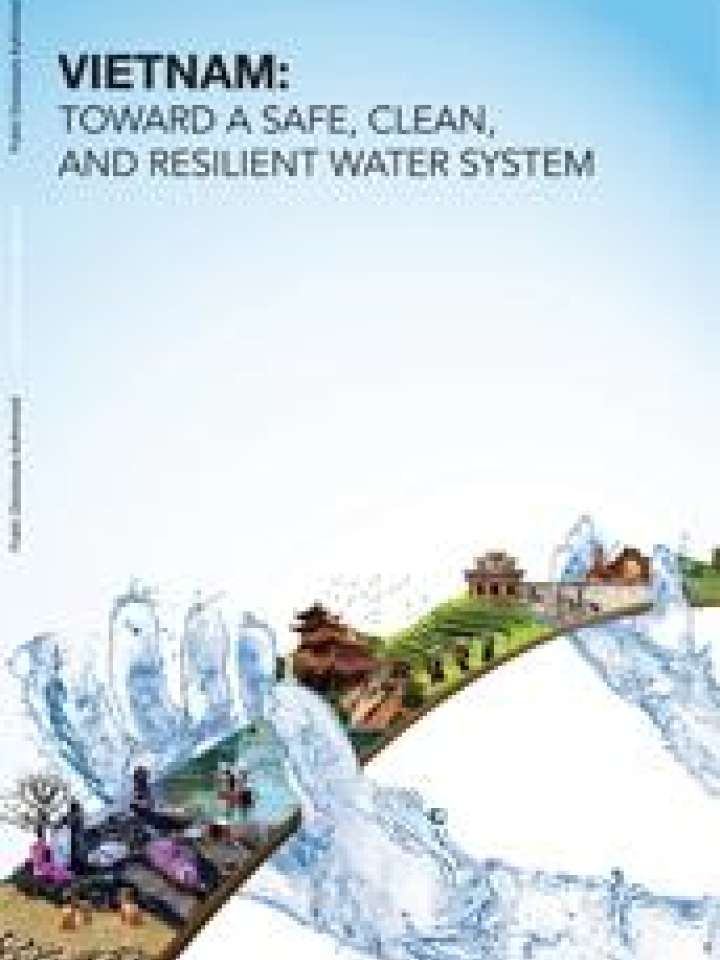Vietnam: Toward a safe, clean, and resilient water system
Prudent economic policies, combined with the enabling conditions created by a high endowment of water, have transformed Vietnam from a low-income to a middle-income country within two decades. Though growth has produced vast benefits, it has also placed unrelenting pressures on water resources, which in turn lead to economic stresses. This report assesses how secure Vietnam’s water resources are and its economic implications and focuses on reducing the threats of “too little, too much, and too dirty.” Specifically, the report focuses on increasing water productivity in irrigated agriculture, water security and services for settlements, and on how Vietnam manages water quality and pollution issues, as well as climate change adaptation, disaster risks, and risks from infrastructure gaps and vulnerabilities.
Moreover, recognizing that water governance is fundamental in addressing Vietnam’s water challenges, this report analyzes the current governance of the water sector to inform the development of strategies, provide an integrated view of challenges, and identify the most fundamental shifts needed to achieve national water security. Going forward, greater emphasis will have to be given to policy enforcement and to the incentives needed to assure greater compliance. The solutions suggested by this analysis are clustered around seven recommendations. This report was developed in close cooperation with the Government of Vietnam.
Explore further
